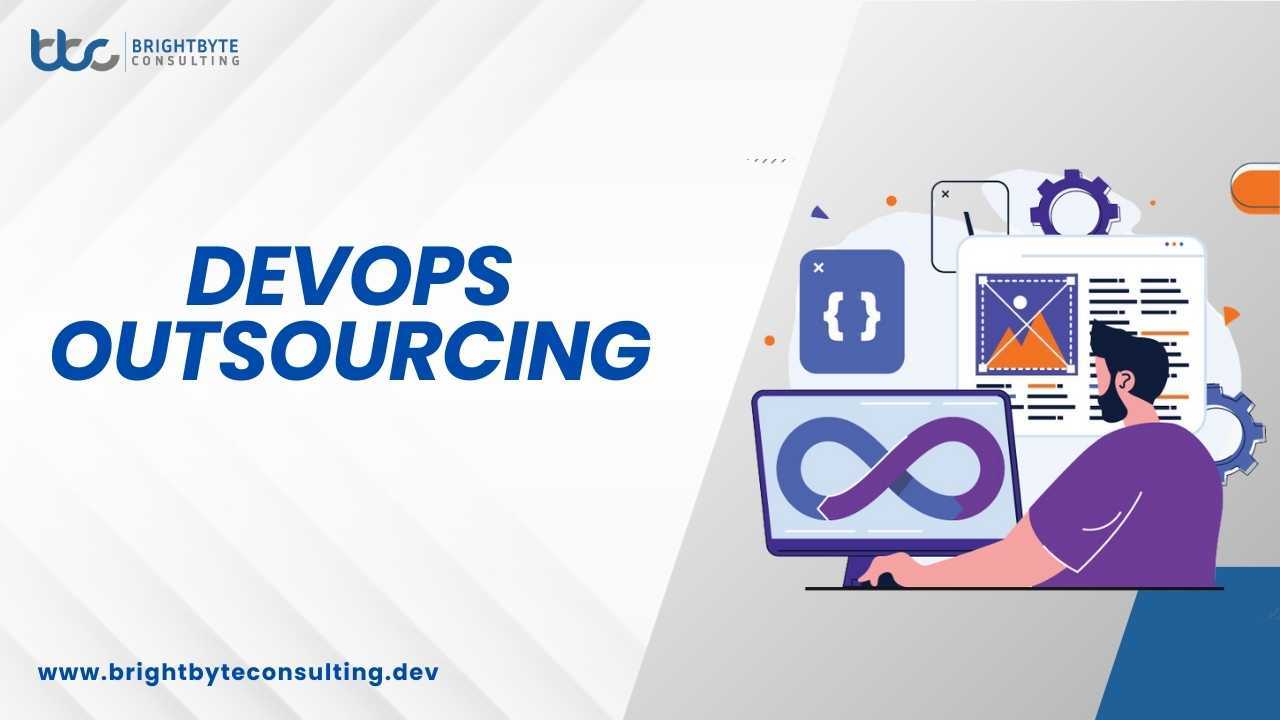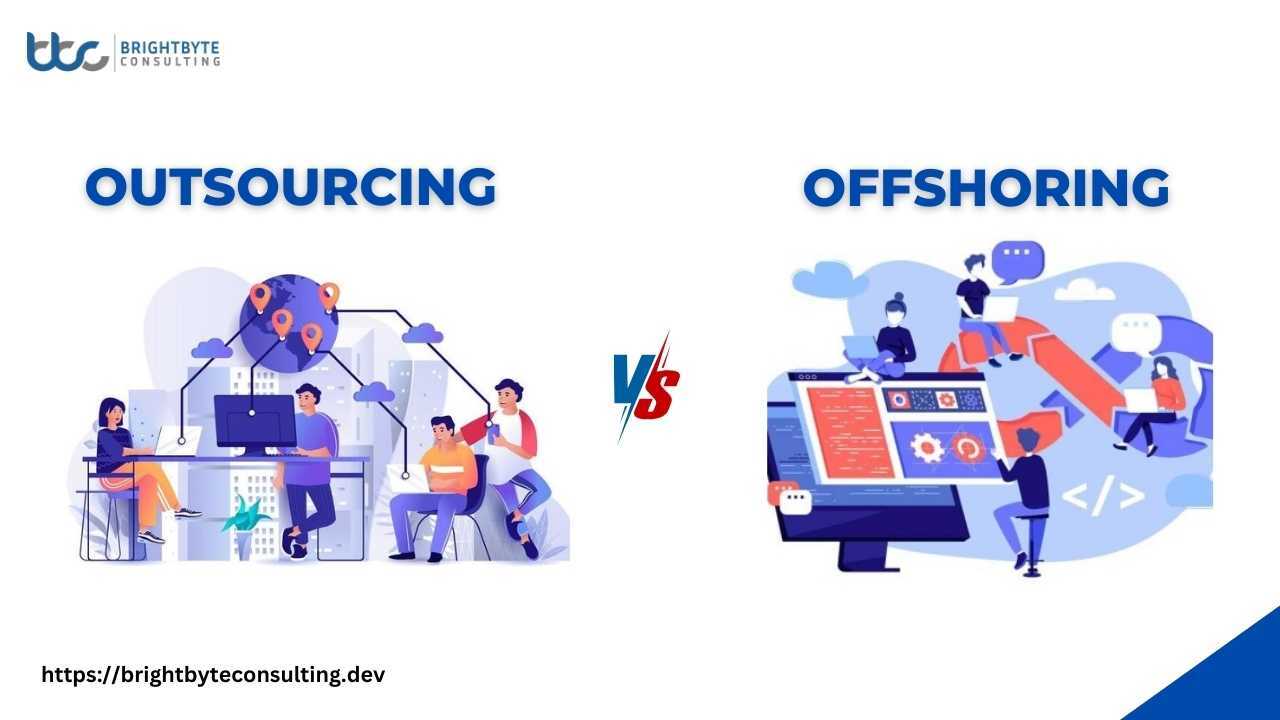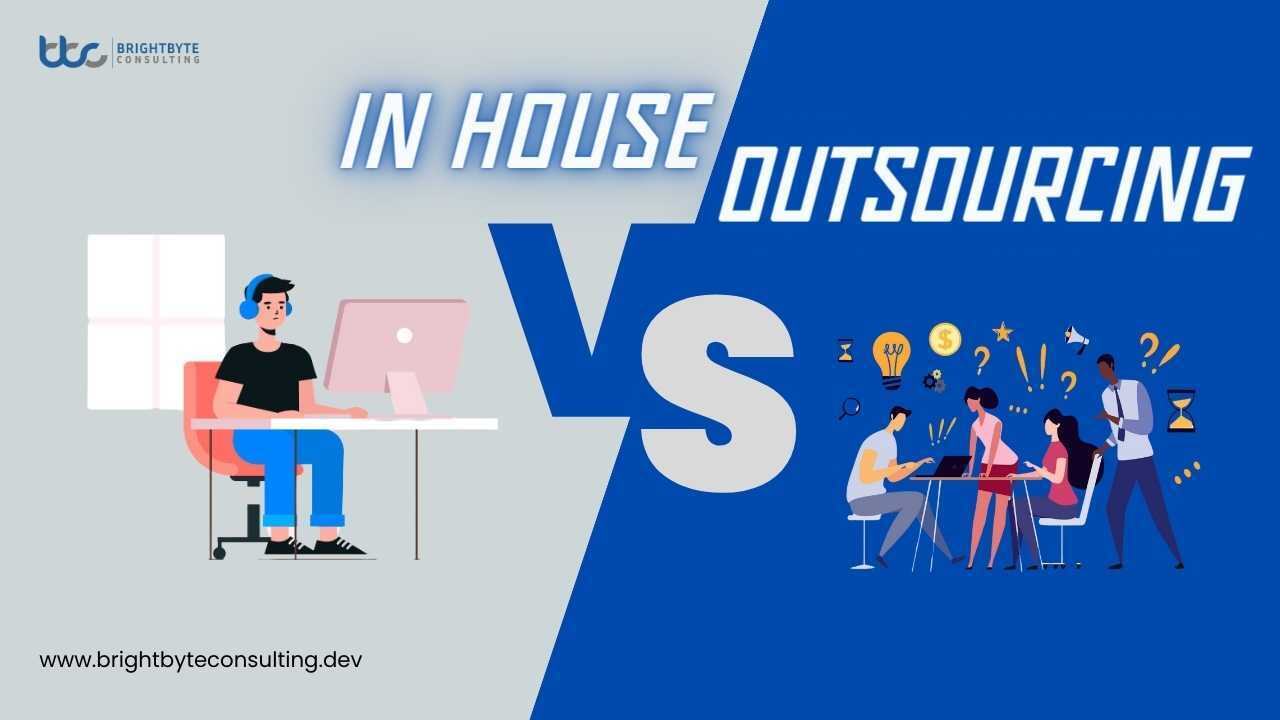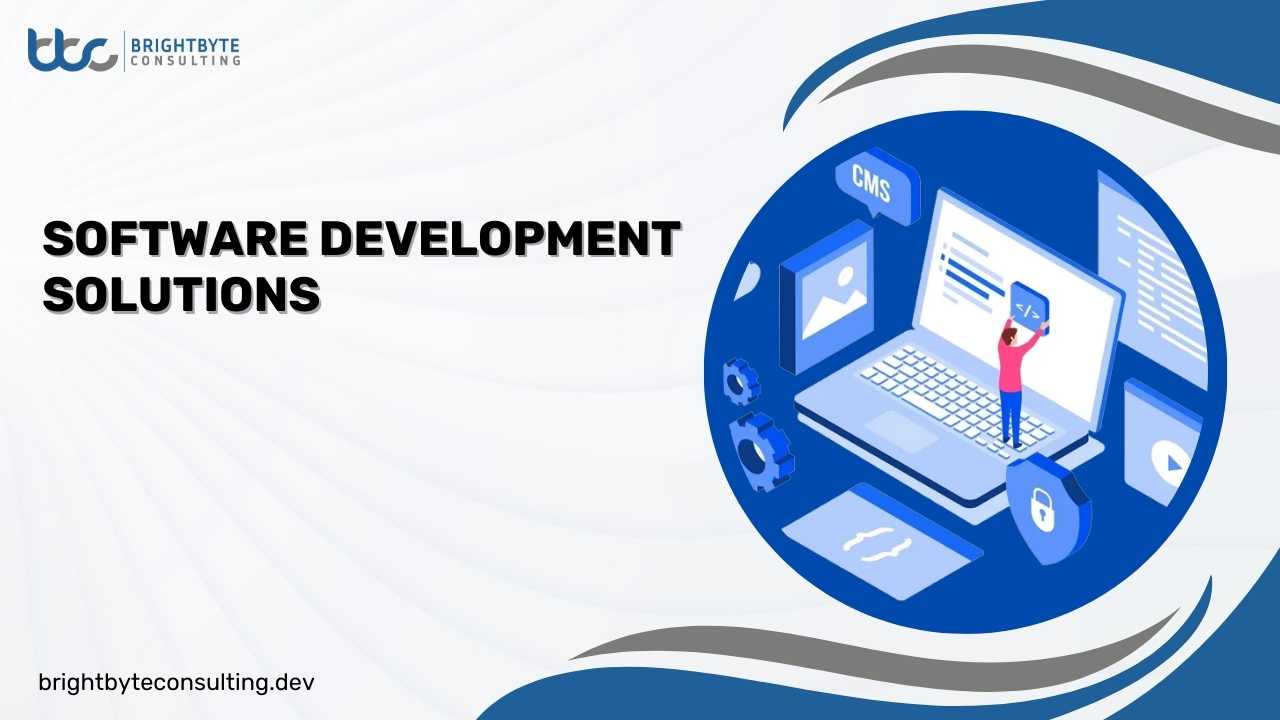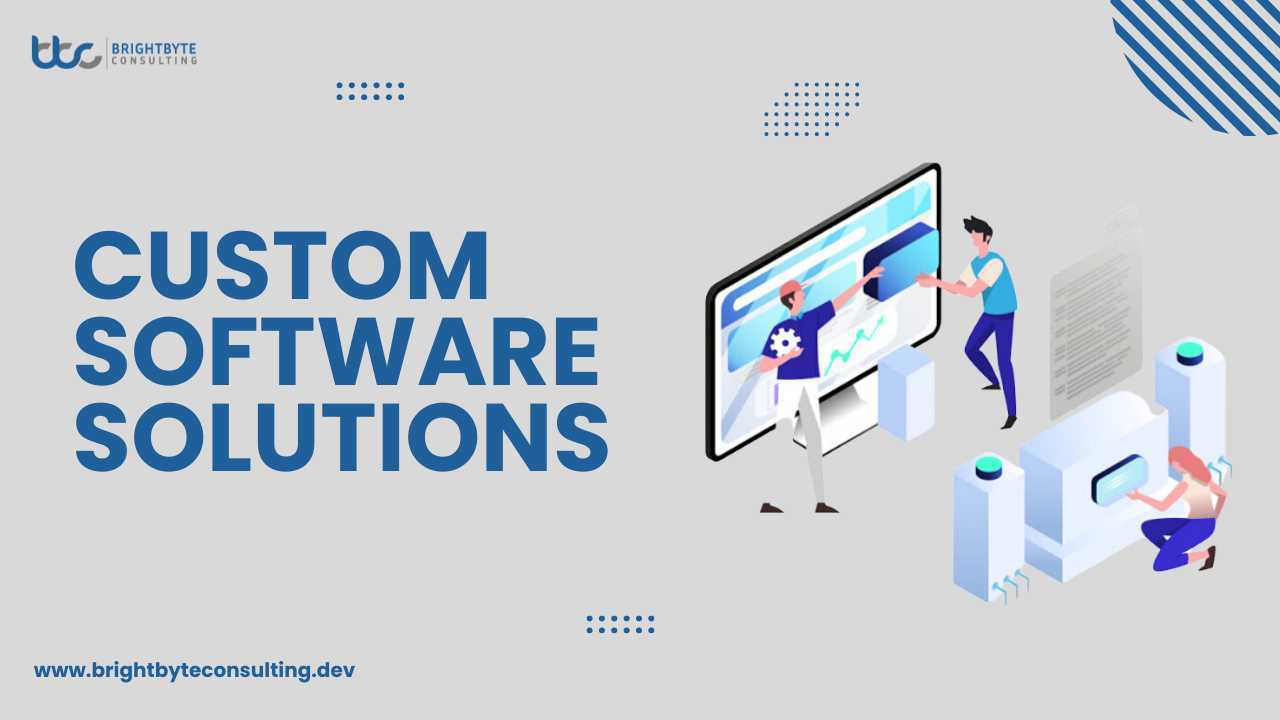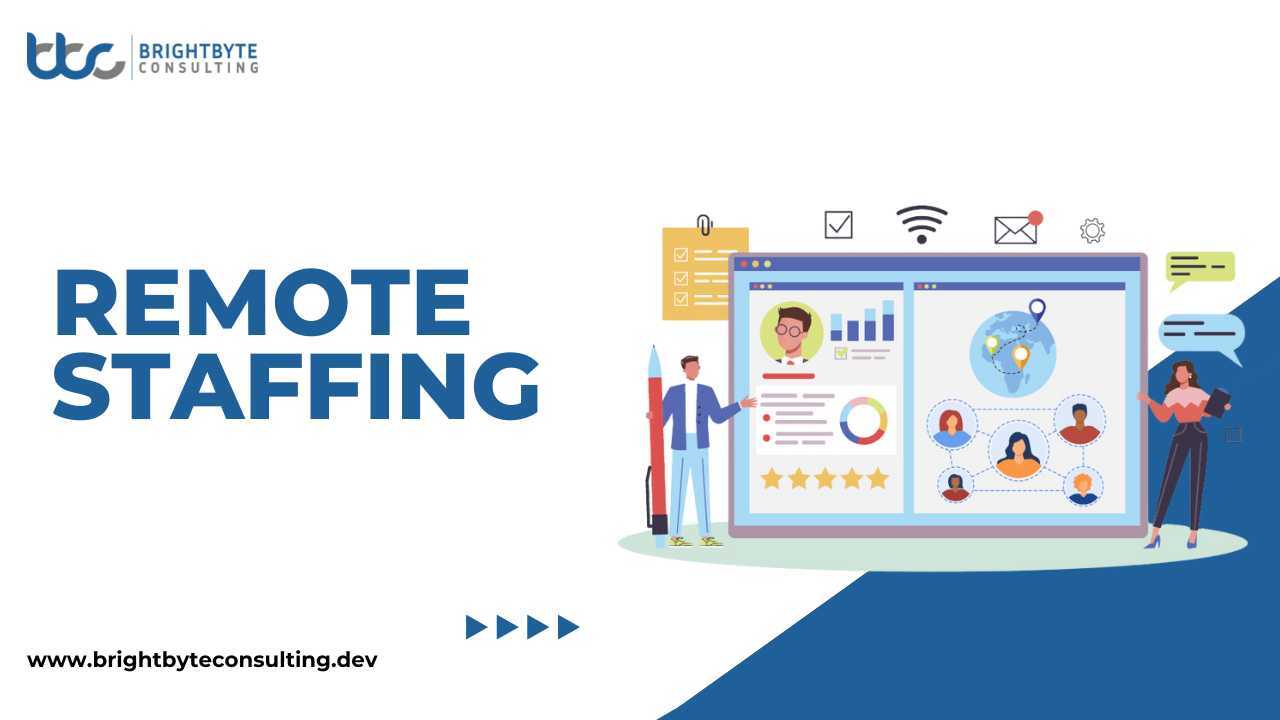In many companies development & operations still function in separate silos leading to inefficiencies, delays and a slower time to market. DevOps is a modern approach that bridges the gap between development (Dev) and operations (Ops) throughout SDLC.
A survey by Harvard Business Analytics revealed that 70% of companies found DevOps critical for improving speed to market, innovation and overall productivity. In short outsourcing helps businesses stay agile and competitive.
Read Also: Business Development Strategist’s Role in Business Growth
Overall DevOps outsourcing is an ideal option for companies looking to scale quickly, reduce overhead and focus on core business goals while leaving infrastructure and automation to the experts.
What is DevOps Outsourcing?
DevOps outsourcing includes hiring external team to handle DevOps processes. This includes setting up CI/CD pipelines, automating infrastructure, handling cloud services & monitoring performance. This approach helps companies without in-house skills, time or budget to handle DevOps on their own.
Instead of building and managing everything internally you rely on experts who work alongside your team to handle development and operations. This not only speeds up software delivery but also improves system reliability and efficiency. Whether it’s full scale DevOps management or just support for certain areas, outsourcing helps businesses stay agile without overloading internal teams.
Why DevOps Matters?
DevOps is important because through this businesses deliver high quality software faster. It connects development & operations teams encouraging better collaboration and using automation to handle software development process. This leads to quicker releases, fewer errors and stronger teamwork across departments. With DevOps companies can improve their products while staying flexible and responsive to market needs.
Key Components of DevOps Outsourcing
The main components of DevOps Outsourcing are given below:
1- CI/CD Pipelines
Outsourced teams set up Continuous Integration & Continuous Delivery pipelines to automate code building, testing & deployment helping release updates faster & reliably
2- Infrastructure as Code
Infrastructure is managed using code making it easier to scale, replicate & maintain systems consistently across environments
3- Automated Testing
Tests are built into the pipeline to catch bugs early and ensure code quality before deployment
4- Monitoring and Alerting
Real-time monitoring tools are used to track system performance and alert teams to issues before they affect users
5- Security and Compliance
Security checks and compliance measures are integrated into the development process to protect your systems and meet industry standards
6- Cloud Management
Outsourced teams help migrate to the cloud, manage resources, and optimize performance and cost
7- Collaboration and Communication
Smooth collaboration between your internal team and the outsourced DevOps team is crucial for success.
DevOps Outsourcing Benefits
Some of the main benefits of outsourcing are given below:
Lower Costs
Outsourcing DevOps helps reduce expenses by avoiding high local salaries, training costs and infrastructure investments. You only pay for what you need and providers often include their own tools and resources
Access to Top Talent
You get instant access to experienced DevOps specialists from around the world. No need to go through long hiring processes or struggle with talent shortages in your region
Faster Delivery
DevOps outsourcing companies use automation, CI/CD pipelines and continuous testing to speed up development and deployment helping you get your product to market quicker
Focus on Core Business
With DevOps tasks handled externally, your internal team can focus on business growth, product innovation, and strategic planning without getting caught up in infrastructure or deployment issues
Expertise and Best Practices
Outsourced teams bring deep experience from working with various clients. They follow industry best practices, use latest tools and maintain up-to-date skills through certifications and training
Scalability & Flexibility
You can scale DevOps team up or down based on project needs. This flexibility helps manage workloads efficiently without long term commitments
Access to Niche Skills
Outsourcing gives you access to specialists like site reliability engineers, cloud architects or security experts. Basically those roles that can be hard to find locally or hire full-time
Improved Quality and Reliability
By using automated testing, monitoring and continuous improvement practices outsourced DevOps teams ensure higher software quality and fewer bugs or failures
Possible Challenges of Outsource DevOps
Main challenges of outsourcing devops include:
- It can be difficult to find a DevOps partner with the right skills, experience and cultural alignment
- Sharing access with third parties may expose your systems and data to security risks
- Time zone differences and language barriers can affect smooth collaboration
- Misunderstandings around goals, timelines, or deliverables may arise without proper agreements
- Outsourced teams may face challenges integrating with your existing tools and internal workflows
Summarizing It!
Outsourcing DevOps is no longer just a trend it’s a strategic decision. It helps startups and growing businesses gain access to top tier talent, streamline operations, reduce cost and speed up delivery without the overhead of building and managing an in-house team. With the right partner you can implement best practices, enhance product quality and focus more on innovation and growth.
Best part? Bright Byte Consulting can help you. If you are looking for the best Outsource DevOps services we are here to help you!
✔ We kickstart your DevOps journey in as little as two days. Rapid setup, zero delays.
✔ We handle recruitment and deliver ready-to-work DevOps pros with startup and enterprise experience so you don’t have to.
✔ No matter your location, we match you with professionals who work in your time zone and speak your language literally and culturally.
✔ From CI/CD and cloud automation to monitoring and infrastructure management. We bring proven strategies to your software lifecycle
✔ Stay in the loop with regular updates, scale your team when needed, and benefit from continuous improvements across your systems
FAQs
What is DevOps outsourcing, and why should I consider it?
DevOps outsourcing means partnering with external experts to manage your development and operations processes. It helps you reduce costs, speed up software delivery, and get access to specialized skills without hiring a full in-house team.
How fast can Bright Byte Consulting start my DevOps project?
We can get started in as little as 48 hours once contracts and NDAs are signed. Speed is our strength perfect for fast-paced startups and growing businesses.
Will outsourced DevOps work in my time zone?
Absolutely! We match you with DevOps professionals who align with your time zone and work culture, so communication stays smooth and collaboration feels natural.
What if I need to scale my team up or down?
No problem. You can scale your team anytime based on your project needs. We’re flexible, so you’re always in control.
Is my data and infrastructure secure with outsourced DevOps?
Yes. We follow strict security protocols and compliance standards to keep your data, systems, and intellectual property safe at every stage.
What DevOps services does Bright Byte Consulting offer?
We offer a full range of services: CI/CD setup, cloud infrastructure, automation, monitoring, testing and more, designed to your industry and goals.

